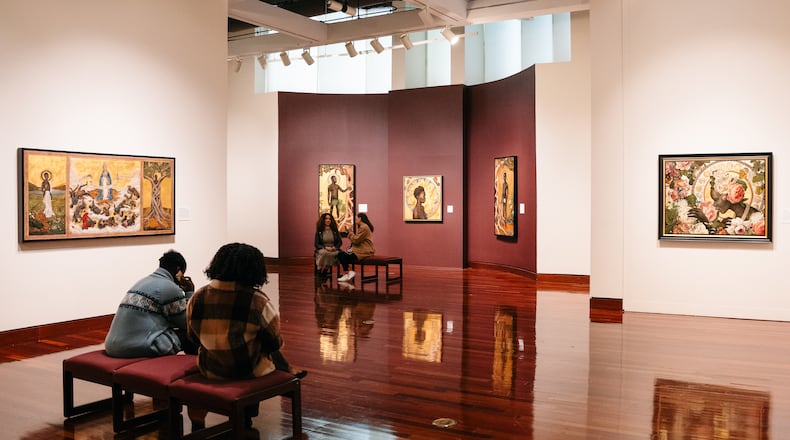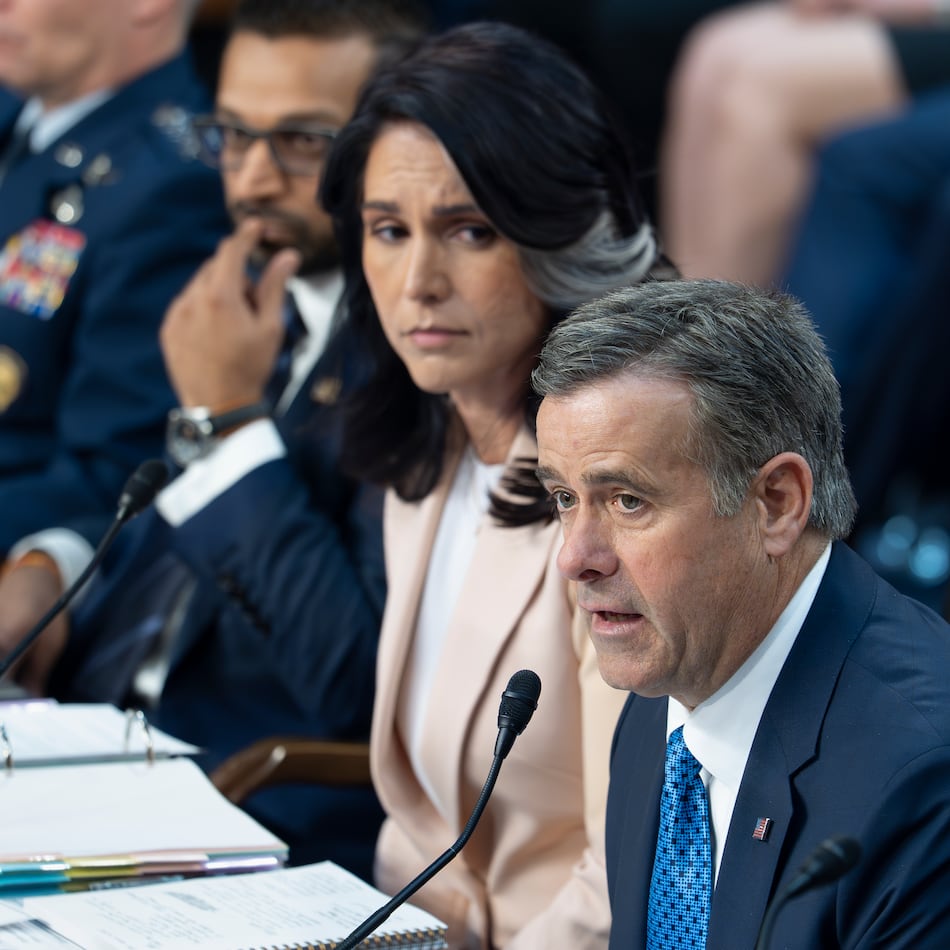A health conference series this fall in Atlanta will make the case that boosting arts access can improve outcomes in Georgia’s health care system.
The Healing Arts Atlanta program in October will follow a template rolled out in August at Healing Arts Scotland, its organizers told The Atlanta Journal-Constitution.
The event in Scotland focused on using arts to address social isolation, youth mental health and dementia, said Nisha Sajnani, Director of the Program in Drama Therapy at New York University and co-founder of the Jameel Arts & Health Lab, which is supporting the Scotland and Atlanta programs.
Healing Arts Atlanta, for its part, aims to show how enjoying art can boost the health of underserved communities.
The organizers say “social prescribing” — the practice of doctors writing prescriptions for arts and art therapy — can help. It is being tested in Massachusetts and New Jersey, and Healing Arts organizers hope to make the case to legislators that Georgia would benefit from a similar program.
Massachusetts’ CultureRx Initiative tasked an Atlanta-based company, Art Pharmacy, with scaling the platform across three regions of Massachusetts, said the Mass Cultural Council’s website.
Separately, in New Jersey, the NJ Performing Arts Center and Horizon Blue Cross Blue Shield have partnered to provide arts on prescription to Horizon’s members and Rutgers University-Newark students. That program, called ArtsRx, gives participants referrals for six months of free arts prescriptions across the city of Newark, with the rationale that attending a performance once or twice a month has similar health value as exercising one to two hours per week, says the NJPAC website.
In Georgia, Healing Arts Atlanta plans to highlight how arts interventions like those in New Jersey and Massachusetts can leverage the arts to heal racial divides and improve community health and wellness here.
A report by KFF, a leading health policy organization, found that people of color are more likely to report lower access to mental health services and frequent experiences of racism and discrimination. It’s an issue of critical importance to Georgia, where nearly five million people live in a community that does not have enough mental health professionals, says the National Alliance on Mental Illness.
Republicans and Democrats agree that low pay and licensure obstacles for out-of-state therapists have led to a shortage of mental health care services, the AJC has reported.
Georgia ranked 49th in access to care, said Mental Health America’s 2023 report. People often wait months before getting an appointment, causing some mental health problems to escalate into crisis.
In April, Gov. Brian Kemp signed Senate Bill 480, which addresses student loan forgiveness for mental health specialists who serve underserved areas.
Showing how arts can heal
The Healing Arts Atlanta platform aims to tie all of this together using case studies and data metrics bolstering the case for the use of arts in medicine, Sajnani said. The program’s co-sponsor is the World Health Organization.
WHO research shows that the arts promote good health and health equity, prevent illness and treat acute and chronic conditions.
“It’s a much-needed concept,” said Georgia Rep. Kim Schofield, D-Atlanta, who is scheduled to speak at the conference. “When we look at Georgia’s health care landscape, and the fact that we haven’t expanded Medicaid and have health care deserts, Healing Arts Atlanta will show that the arts can help resolve unmet needs.”
Schofield said lawmakers in the Georgia legislature are open to learning more. She is lobbying for an arts and health commission along the lines of Rhode Island’s State Arts and Health Plan.
Rhode Island’s public health plan funds arts projects and research that advances the integration of arts and health in the state, says a state website.
Christopher Bailey, Arts and Health Lead at WHO, said Healing Arts Atlanta aims to be a platform through which to exchange best practices in the U.S. and abroad. “What we’d like to do in Atlanta is plant some of these seeds in a positive way,” he said.
The Carter Center, one of Healing Arts Atlanta’s partners, will highlight racial disparities in access to mental health care in Georgia, said Eve Byrd, director of the mental health program.
“Mrs. Carter said years ago when she was arguing for national parity coverage for mental health that if insurance doesn’t pay for it, it sends the message that it’s not OK to seek care,” she said.
Byrd said the Carter Center also will create arts-based programming and materials to address substance abuse prevention among teens.
Marcel Foster of arts group Performance Hypothesis, and one of Healing Arts Atlanta’s organizers, said that the participants hope to collaborate with insurance companies in Georgia to create a framework for arts prescribing. “There’s really a lot of evidence that it works, so we want to hone in on how we can collaborate with insurance companies in Georgia to make arts prescriptions possible,” Foster said.
The idea of using the arts as preventive medicine isn’t new, said Chandra Ford, professor of behavioral, social and health education at Emory University’s Rollins School of Public Health.
The Deutsche Oper in Berlin gives students, those in job training and the unemployed a 25% discount to opera and ballet performances to ensure they take part in cultural activities and avoid social exclusion. Another program in Denmark, Germany, Poland, Latvia and Sweden aims to give people suffering from stress, anxiety, depression or loneliness tickets to group arts actives.
Policymakers in the U.S. are taking a look at all of this as part of a renewed emphasis on preventive care.
“Some people call our health care system ‘the sick care system’ — because it cares for people after they get sick,” Ford said. “The arts can help us get to the point where we need less health care because with the arts, we can access the kind of healing that anticipates and protects people before they receive a diagnosis.”
About the Author
Keep Reading
The Latest
Featured


